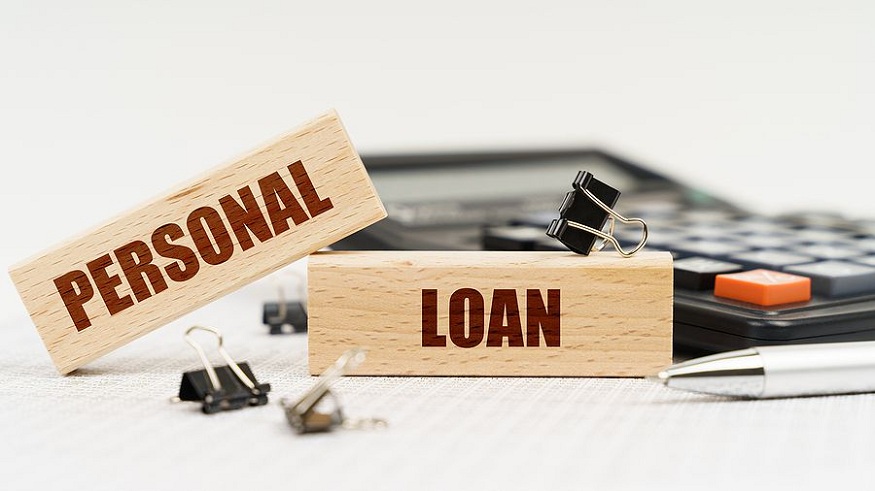As obtaining a loan is now the same as when the concept of loans was introduced in India, many people find it challenging to obtain a loan. These days, to grant a loan application, lenders review the applicant’s CIBIL credit score. Banks may refuse your request for a loan or provide you with an interest rate that is more favorable than the one available in the market, or they may also offer to lend you money at advantageous rates. But the main thing is your CIBIL credit score.
For anyone who has ever borrowed money, CIBIL is a credit reference agency that records their credit history and all other credit information. This Credit Information Bureau’s members include banks, NBFCs, financing institutions, and credit card companies. The consumer records of such financial institutions are sent regularly. As a result, each consumer’s CIBIL credit history will be updated in line with their financial behavior.
Banks are often looking for a score of 750 to evaluate your personal loan application, which indicates you are a relatively risk-free customer who has been able to make payments on time. You have an excellent chance of being approved for the loan or credit card based on your CIBIL credit score above 750. On the contrary, banks would be reluctant to extend loans if you have a poor rating, and they would almost certainly reject your loan or credit card application.
The CIBIL score is an essential factor in determining the result of your application for a personal loan. One of the leading credit bureaus in India, the Credit Information Bureau of India Ltd., provides credit scores based on an individual’s credit history.
The following article describes how CIBIL’s score affects your loan application.
The Affect of Cibil Score on Personal Loan Application
1. Approval:
Your CIBIL score will be considered by lenders, including banks and financial institutions, in assessing your loan application. A CIBIL score is a sign of good credit history, which increases the likelihood of being accepted for your loan. In contrast, an unfavorable rating on CIBIL might result in rejection or an increase in interest rates.
2. Loan amount:
The loan amount you are eligible for can also be positively affected by a good CIBIL score. The higher amount of the loan offered to individuals with a high CIBIL score is also more likely to be provided by lenders, as it proves their ability to make sound credit decisions.
3. Creditworthiness assessment:
The CIBIL score provides lenders with a comprehensive view of your creditworthiness. The CIBIL score is an indicator to help lenders assess your ability to repay a loan on time in addition to additional factors such as income and employment history.
4. Interest rates:
Lenders use the CIBIL score to determine interest rates on a personal loan. A CIBIL rating above 100 reflects good creditworthiness, making obtaining a lower interest rate easier. On the other hand, a low score may result in higher interest rates, as this shows an increased risk on the lender’s part.
5. Fast processing:
A strong CIBIL score can accelerate the approval of loans. In processing and disbursing funds, lenders may prioritize loan requests from individuals with a good credit rating.
What’s on your CIBIL report that the lenders are looking at?
In the CIBIL report, banks and lenders will be looking for the following:
- If a case has been reported as written off in the credit information report. The credit report’s Account Status section will provide you with this information.
- The second aspect to be considered by the lender is the trend of payment history. They check if there have been any defaults and the overdue amount. The Credit Information Report will make such information available in the “Days of Late Payment” field.
- The next part the creditors will examine is the company profile. Banks generally provide a list of authorized persons that can be lent to.
- The next thing to be taken into account by lenders and banks is the EMI to income ratio. The chances of obtaining a loan are slim if your current EMI exceeds 50% of your monthly salary.
Conclusion
To increase your chance of securing a credit card with favorable terms and conditions, it is essential to maintain good credit records and an excellent CIBIL score. Regularly paying your credit card bills and loan EMIs on time, keeping your credit utilization low, and avoiding multiple loan applications quickly can help maintain a good credit score.
The digital age is fast evolving, and an instant personal loan app like Fibe provides a genuinely modern yet reasonable personal loan option. There is no lengthy paperwork, instant processing times, attractive rates of interest, or prepayment charges. Get a personal loan of up to Rs. 5 lahks and have it transferred to your bank account within minutes.





